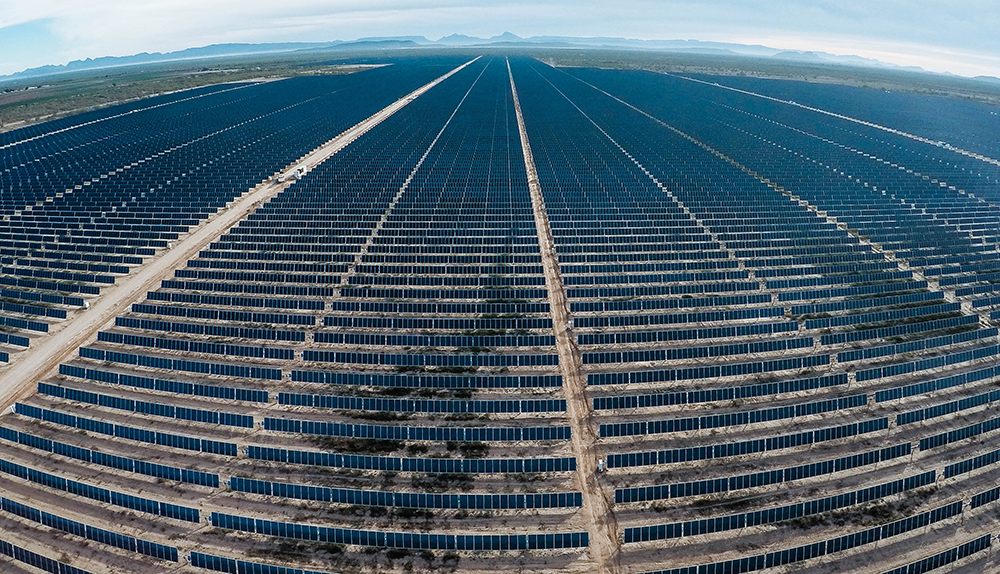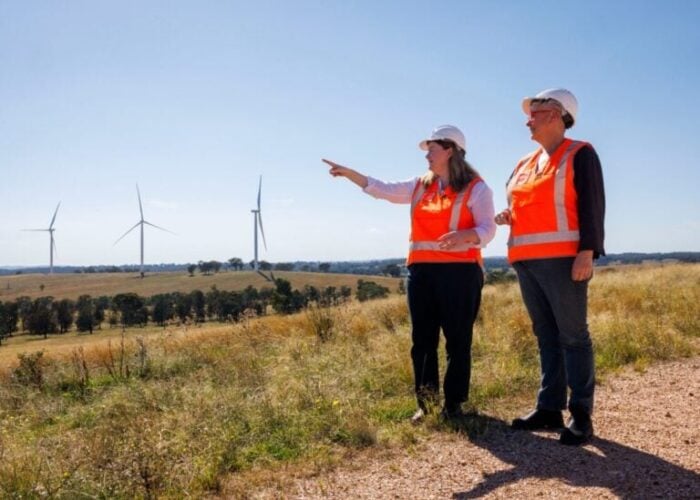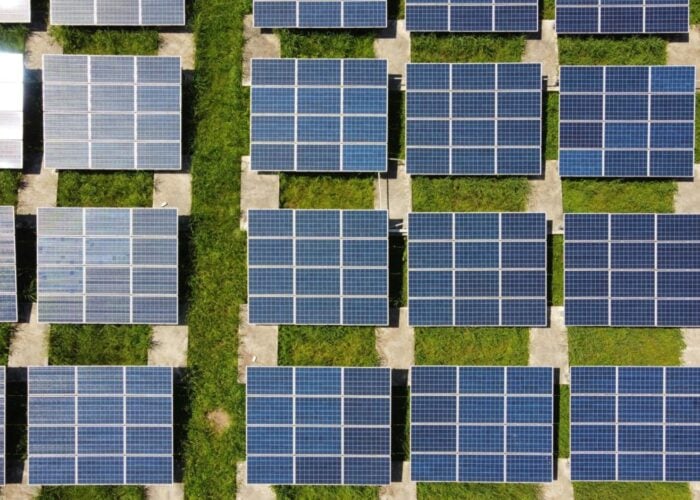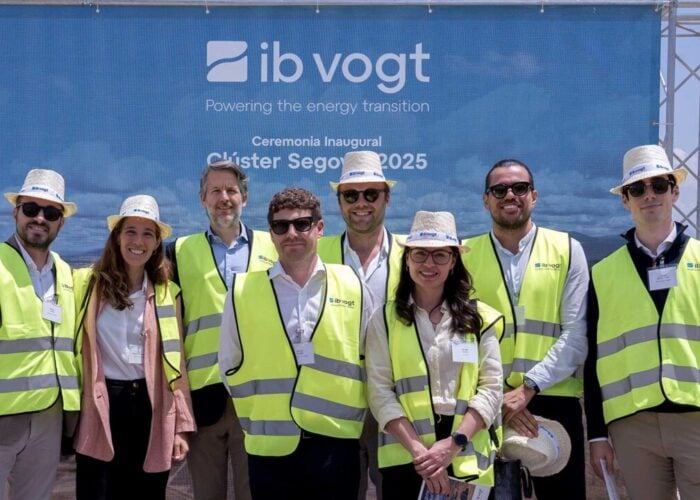
Last week, Spanish solar association UNEF convened a webinar to explore how the industry is navigating the impacts from the COVID-19 crisis. The session, attended online by PV Tech (see here for full coverage), opened the floor to sector players facing component delays and the government-mandated shutdown of solar factories and power plant construction work.
What follows is a selection of some of the statements by Jordi Vega, construction director at solar EPC Grupo Gransolar, as he addressed webinar attendees and fellow speakers.
Unlock unlimited access for 12 whole months of distinctive global analysis
Photovoltaics International is now included.
- Regular insight and analysis of the industry’s biggest developments
- In-depth interviews with the industry’s leading figures
- Unlimited digital access to the PV Tech Power journal catalogue
- Unlimited digital access to the Photovoltaics International journal catalogue
- Access to more than 1,000 technical papers
- Discounts on Solar Media’s portfolio of events, in-person and virtual
Navigate the links ahead to read the statements by Spanish PV manufacturer Ingeteam and self-consumption specialist Powen.
On GRS’s response so far:
“As an EPC specialised in 50-100MW plants, both the news we’ve been receiving and the measures we’ve been rolling out have changed as the crisis progressed.
“In our case, this crisis found us with work across various countries … We had solar construction initiatives underway in Mexico, projects launched and about to be linked in Spain, contracts in South Africa, Dubai and Australia.
“The first barrier we identified is mobility constraints for staff. As countries rolled out restrictions we were forced in many cases to bring our workers back to Spain. Supply came up next – our providers started facing limits and in some cases, as in Spain, a full shutdown of operations.
“The latest step for us has been to paralyse our [EPC] work completely. We’ve had to do this in Spain and in South Africa, where the new state of alarm has banned all non-essential activities.”
On the broader implications for the solar industry
“People always come first so our hope first of all is that this virus affects as few people as possible. Regarding PV, we’re hoping it lasts as little as possible because this shutdown will slow down the flow of revenues we’d anticipated for this year.
“We feel relatively confident about the field we’re in as PV is one of the sectors that will bounce back the fastest … We believe PV will be a haven for investors … What we hear is that investment funds are now planning to bet on renewables.”
On the potential fallout for solar project finance:
“Our understanding is that there could be a standstill with finance … Some of my teams tell me we are getting the same level of offers as before but the reality, from what I hear, is that banks have stepped on the brakes and are waiting to see how this crisis plays out globally.
“Banks and authorities should try and support this sector because investments will naturally face delays. We should avoid the game where one penalises other parties to cover the impacts one faces … or to penalise because I have been penalised and so forth until the end of the chain.
“I think [Spanish] authorities understand this crisis cannot put project roll-out on hold and we’re seeing the same proactivity in other countries. Banks have other things to worry about but we feel they will also be clear about this – that economic models might have to run with 5-6 weeks of delays.”
On the potential impacts on solar module prices:
“Our understanding is that this will be a short standstill for solar project development, so we don’t expect impacts on equipment costs … we believe panel [costs] will tend to drop as until today.
“What we hear and what the manufacturers tell us is that they have almost fully recovered the capacity they had before the crisis, so we don’t think there’ll be impacts around costs and availability.
“Obviously there will be a slowdown to a certain degree with European supplies, all the components coming from the continent could be affected for around 2-5 weeks. We hope the effect will be as minor as possible, and believe it will be a case of impacted timetables, not prices.”
On whether Spain should futureproof solar supply by developing domestic manufacturing:
“The problem we’ve had [other than COVID-19] is we’ve entered such a brutal war on costs. We’ve seen such astounding price drops over the past 24 months that now developers have certain figures in mind around the investment they're prepared to make, and to bring manufacturing back to Europe could be hard.
“We do have part of the [supply] chain here, and the quality I think is up there with the rest of the world but in the specific case of modules, this is a personal opinion but I think it will be enormously difficult that someone even considers setting up an industrial fleet able to compete with China.”
The prospects and challenges of solar's new era in Europe will take centre stage at Large Scale Solar Europe 2020 (Lisbon, on 30 June-1 July 2020).
This publication has also set up a tracker to map out how the COVID-19 pandemic is disrupting solar supply chains worldwide. You can read the latest updates here.
If you have a COVID-19 statement to share or a story on how the pandemic is disrupting a solar business anywhere in the world, do get in touch at [email protected] or [email protected].







